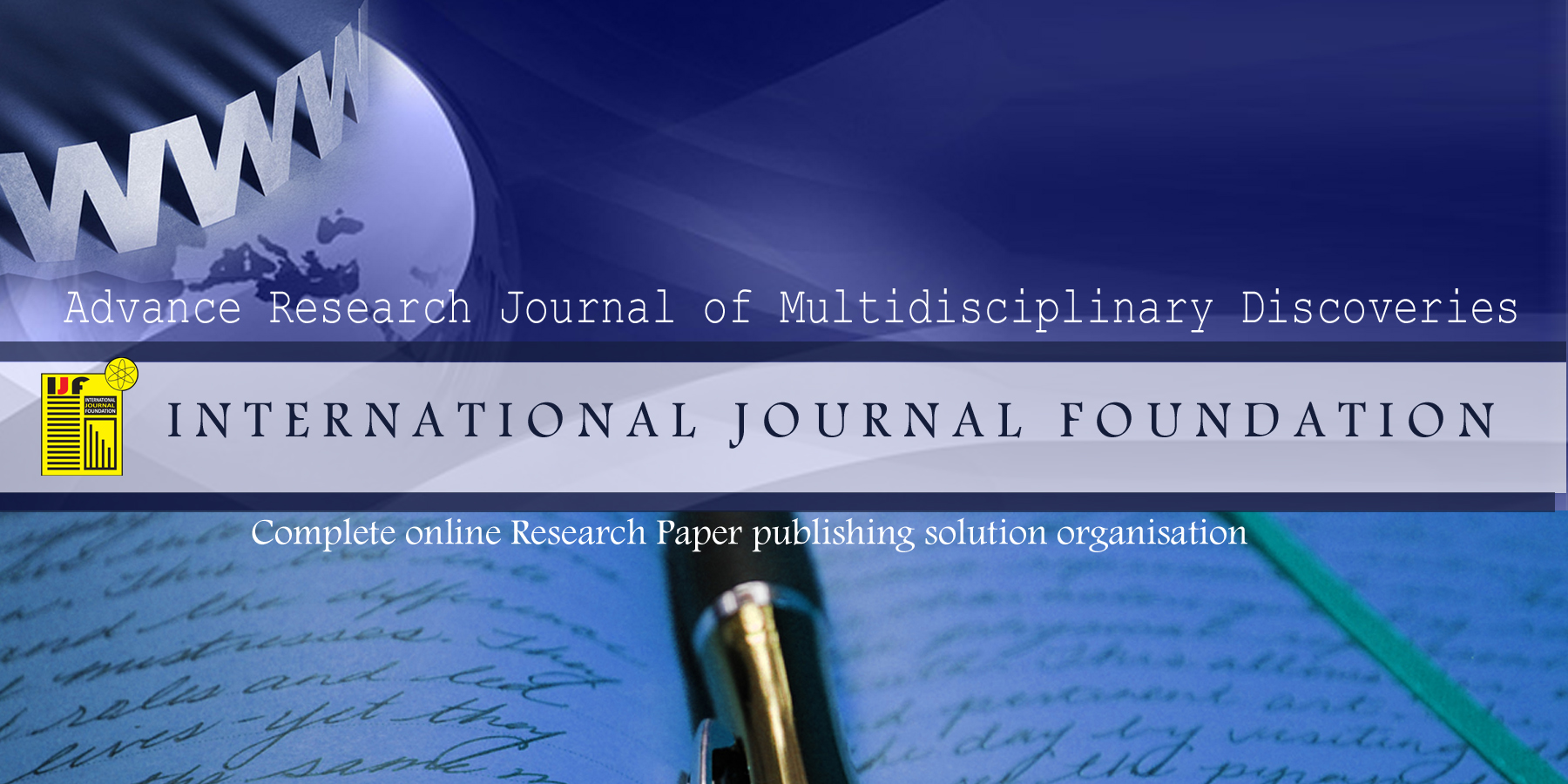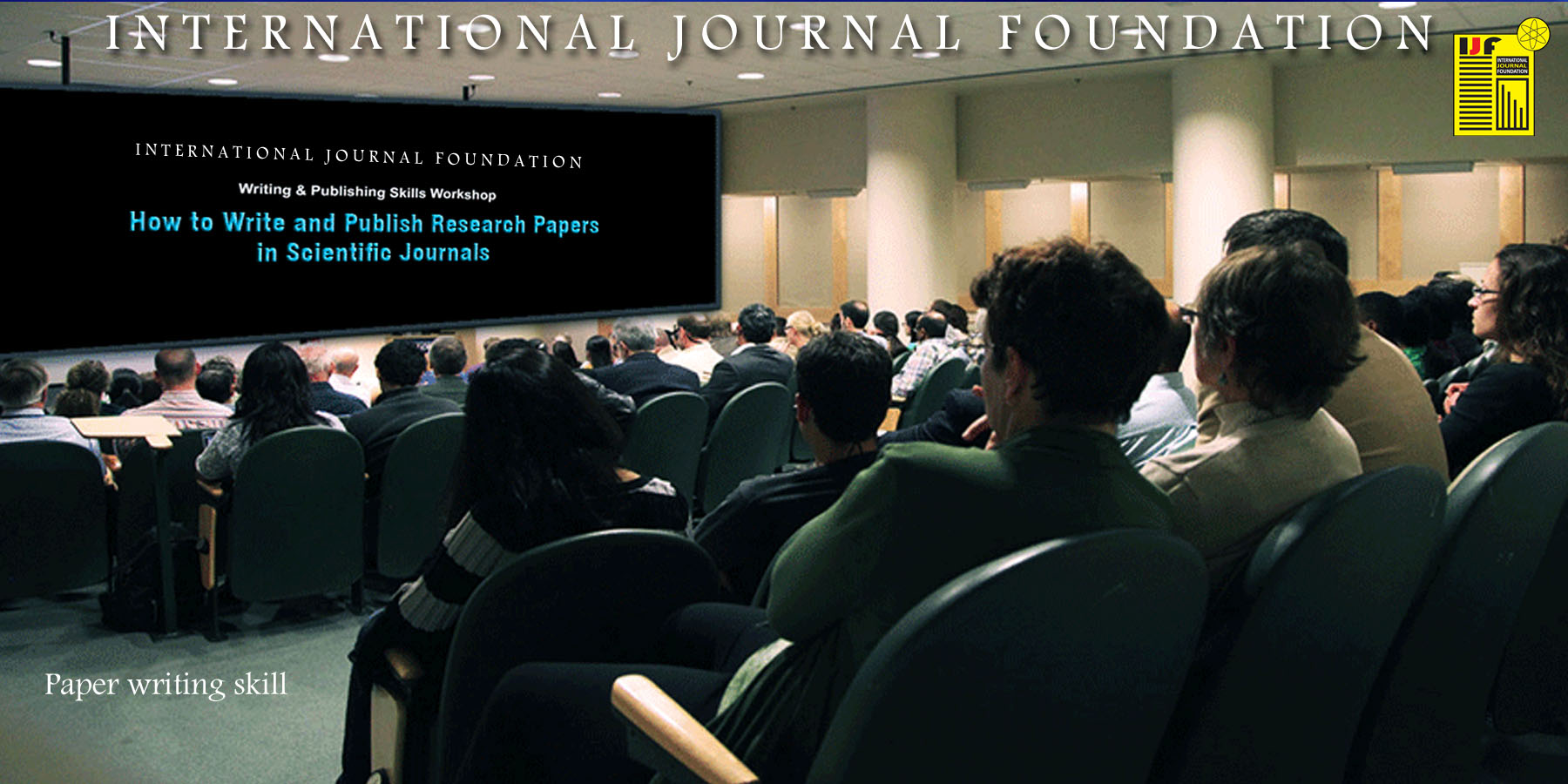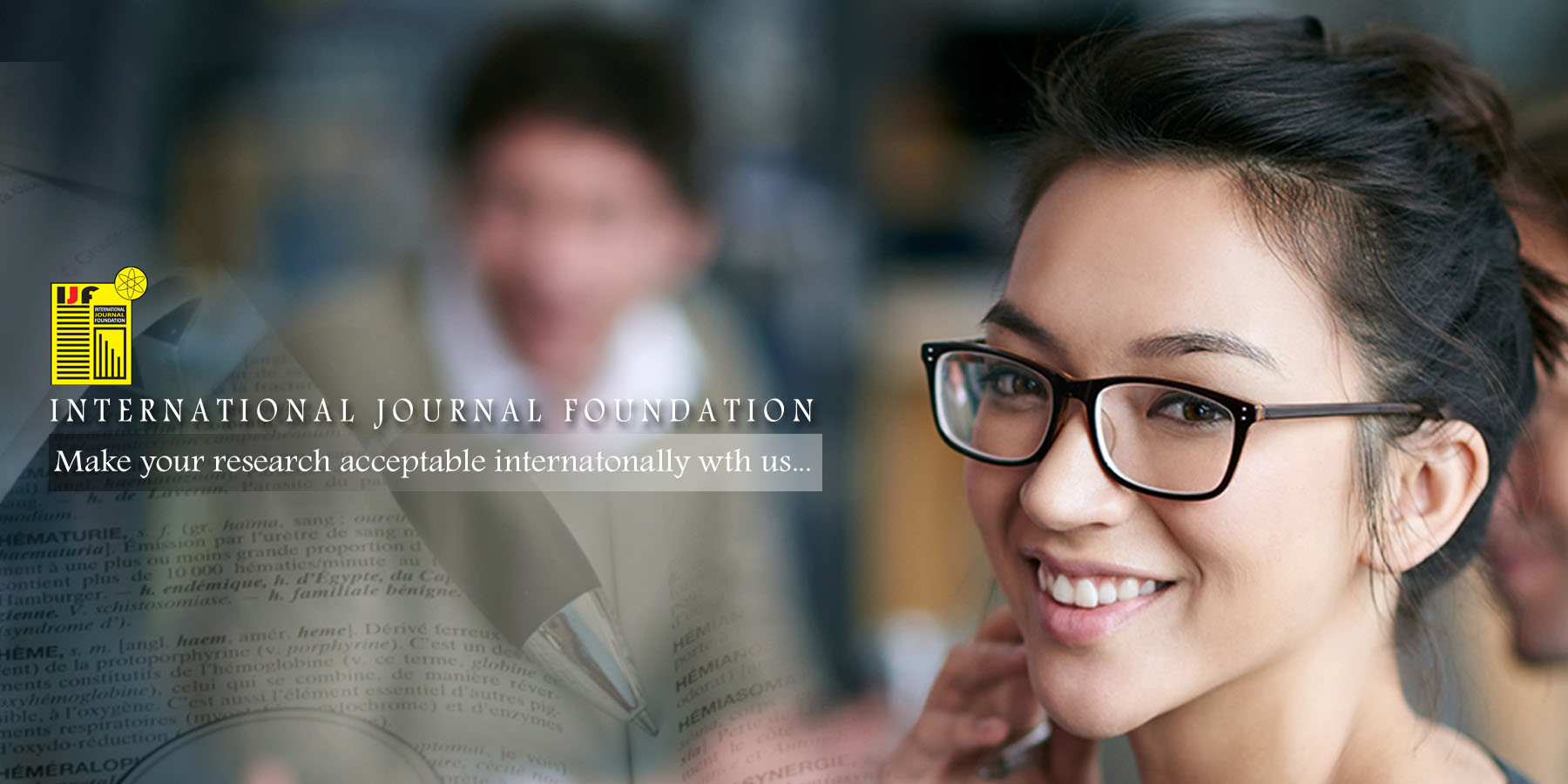2020
SEPTEMBER 2020/ Vol.53.0/ Issue-I
CATEGORY : Research Topic on Education [ Original Research Article ]
| SL.No. | Detailed information of the published article |
| 1 | Manuscript Title : Promoting the use of sea waybill in maritime transport – A case study of Tema Port. Author’s Name : 1Boadu Solomon*, 2Essel Dacosta,3Victor Edem Setordjie & 4Justice Kwesi Odoom Article Type : ORIGINAL RESEARCH ARTICLE Country from : CHINA Date of Publication: 20-12-2020 Journal Name : Advance Research Journal of Multidisciplinary Discoveries [ ISSN : 2456-1045 ] Article Identification : Vol. 53.0/Issue-I/Chapter-I/Page – 01-09 [SEPTEMBER-2020 EDITION ] Article Code : MGMT-V53-I1-C1-SEP-2020 Status : Officially published Publisher : International Journal Foundation Download PDF : Full article (Pdf) Doi No : 10.5281/zenodo. 4382333 ———————————————————————————————————————————– ABSTRACT: The transportation of cargo from one point to the other is mainly dominated by maritime transport with respect to international trade. While the carriage of goods to shipper’s designated port is undertaken by the carrier, the terms and conditions of carriage are determined by the covering transport document which can be the negotiable bill of lading, non-negotiable sea waybill or any globally recognized transport document. This study assessed the challenges attached to using the negotiable bill of lading in maritime transport, aiming at promoting the use of sea waybill. Using Tema Port as a case study, information on the sea waybill were obtained through questionnaires and interviews from a purposive sample size. The functions of the sea waybill were explained whereas the conditions mostly preferable for the use of sea waybill were also analyzed. click here As reason why this non-negotiable transport document should be promoted, the benefits of covering shipment under sea waybill were stated of which includes elimination of document delay, removal of documentary fraud, less document preparation and transportation cost, and automatically subject to CMI Uniform Rules for Sea Waybills and The Hamburg Rules. To further boost the user base, the researcher provided recommendations such as public awareness or education on sea waybill, appreciate the advantages of sea waybill and encourage the use of this non-negotiable document, as well as adopting and developing legislation making possible the replacement of bill of lading with sea waybill in certain trades. The successful implementation of these recommendation will serve as a platform for boosting the use of this non-negotiable transport document in maritime transport.KEYWORDS: Sea waybill, Bill of lading (BL), Maritime transport, Tema port, Non-negotiable document.

|
CATEGORY : Research Topic on Medical Science [ Original Research Article ]
| SL.No. | Detailed information of the published article |
| 2 | Manuscript Title : A measure of the performance of a Hospital –A Micro-based analysis. Author’s Name : 1 Ghada Gomaa A. Mohamed*,2Pranlal Manga Article Type : ORIGINAL RESEARCH ARTICLE Country from : EGYPT Date of Publication: 20-12-2020 Journal Name : Advance Research Journal of Multidisciplinary Discoveries [ ISSN : 2456-1045 ] Article Identification : Vol. 53.0/Issue-I/Chapter-II/Page – 10-16 [SEPTEMBER-2020 EDITION ] Article Code : BM-V53-I1-C2-SEP-2020 Status : Officially published Publisher : International Journal Foundation Download PDF : Full article (Pdf) Doi No :10.5281/zenodo. 4382309 —————————————————————————————————————————– ABSTRACT: Micro-economic foundation of a hospital’s optimal resource allocation is discussed in addition to the foundation of a quantitative method to evaluate the performance of a hospital depending on pure economic definition of the efficiency. click here This study is important for scholars and practitioners in the field of hospitals management and economics because it provides simple micro-economic foundation of this subject.KEYWORDS: hospital management, economics of hospitals management, efficiency analysis, data envelopment analysis, production functions, firm behaviour, optimal allocation of resourcesJEL Classification Codes: C65, D21, D33, D90, M21.

|
CATEGORY : Research Topic on Biological Science [ Original Research Article ]
| SL.No. | Detailed information of the published article |
| 3 | Manuscript Title : Phenotypical studies of Ganodermataceae members from Eco-regions of Gujarat, India. Author’s Name : 1Praveen Kumar Nagadesi*, 2Arun Arya Article Type : ORIGINAL RESEARCH ARTICLE Country from : INDIA Date of Publication: 10-01-2021 Journal Name : Advance Research Journal of Multidisciplinary Discoveries [ ISSN : 2456-1045 ] Article Identification : Vol. 53.0/Issue-I/Chapter-III/Page – 17-26 [SEPTEMBER-2020 EDITION ] Article Code : BGS-V53-I1-C3-SEP-2020 Status : Officially published Publisher : International Journal Foundation Download PDF : Full article (Pdf) Doi No : 10.5281/zenodo. 4430457 —————————————————————————————————————————– ABSTRACT: Ganoderma genus has different species with cultural, economic, and pathogenic importance. In present study, fungal bodies were collected from living or partially dead trees, fallen wooden logs and leaf litter of forest in ecological regions of Gujarat, India. click here Detailed description of the collected samples revealed the occurrence of Ganodermataceae members like Ganoderma applanatum (Per.) Pat., G. colossum (Fr.) Bers. G. curtisii (Berk.) Murill G. lucidum (Fr.) Karsten. G. zonatum Murrill. G. resinaceum Boud. G. carnosum Pat., G. tsugae Murrill G. sessile Murrill, G. megaloma (Lév.) Bres. G. sichuanense J.D. Zhao & X.Q. Zhang, G. multipileum Ding Hou. Some wood rot fungi belong to Ganodermatace were new records and host records to Gujarat, India. Ganoderma megaloma (Lév.) Bres Ganoderma sessile Murrill, Ganoderma sichuanense J.D. Zhao & X.Q. Zhang, were reported for first time from India.KEYWORDS: New records, Ecological regions, Fungal Diversity, Ganoderma, Gujarat, India

|
N.B: Our publication process is going on. More paper will be added very shortly in this current issue…
(i) To Publish your paper in our upcoming issue send your article directly at article.ijf@gmail.com
![]()
![]()
![]()
![]()
![]()
















